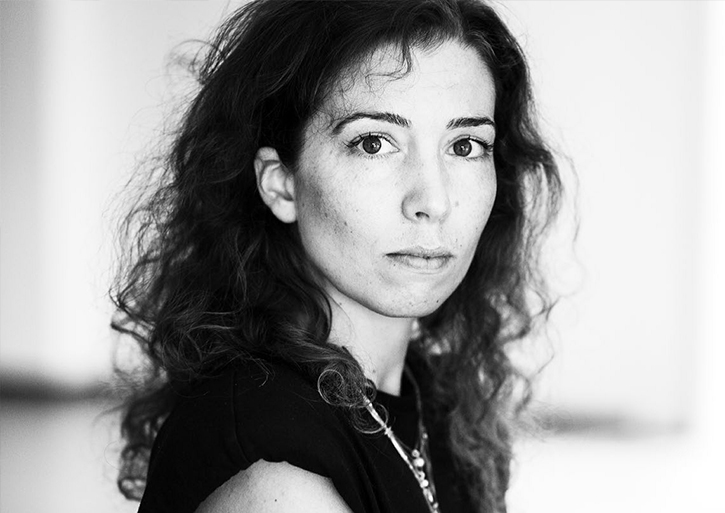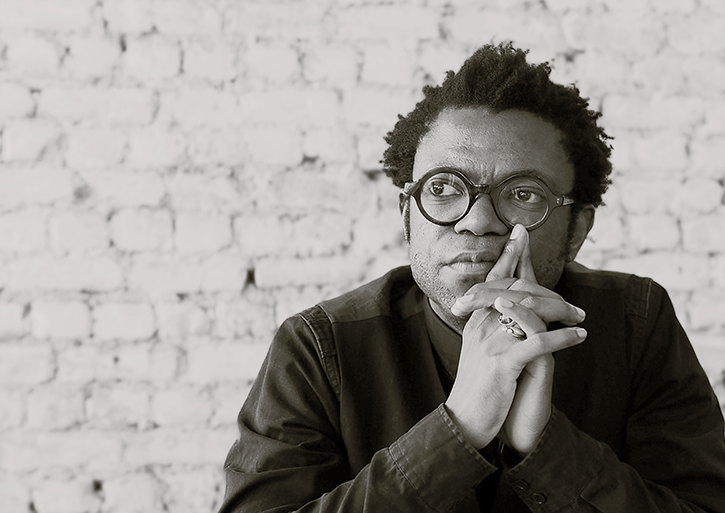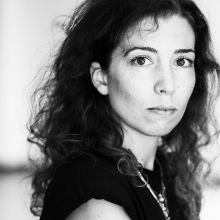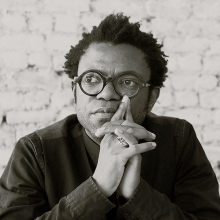‘We try to find a new voice with this polyphonic, colourful creation’
Neo Muyanga (composer) and Kenza Koutchoukali (director) on How ANANSI freed the Stories of the World
Composer Neo Muyanga and director Kenza Koutchoukali are part of the creative team behind How ANANSI Freed the Stories of the World. A production which brings together an abundance of sounds and musical traditions from all over the world.
Neo: “Our story about the spider Anansi can be seen as part of a growing movement
to broaden our worldview. We want to take the audience on a playful journey in which inclusiveness and pushing back frontiers play a central role.”
Kenza: “This idea has to be present in every layer of our project. There are different stories behind each sound, each movement. This abundance, but also the authenticity and multitude of voices, constitutes the richness of this production.”
Neo: “The score is truly hybrid. There are sounds and melodic lines that are inspired by West African and Afro-Caribbean influences, but eventually you’ll hear much more than I’ve written in my score. Anansi isn’t only a creation on paper; it grows through interaction and contact. The score comes alive because various voices and perspectives come together and shape the music further.”

Kenza: “That’s essential for me too, and it’s one of the things I really like about Neo’s score. Because if you don’t listen to other points of view, your worldview is limited and your ideas stay fixed. It’s our goal not just to tell a story, but also to listen. That’s why the spirit of the traditional Anansi-toris, as the stories are called, also determines the content of the Anansi
narratives.”
Neo: “The African culture of storytelling is nourished by interaction, much more so than the Western tradition. And that’s what we’re trying to incorporate here. Working like this, we’re exploring a new way of opera-making, one that tries to reflect contemporary society.”
Kenza: “In the performance, everyone on stage — every soloist, every dancer and every instrumentalist — contributes to the story in his or her own way. And we hope the audience will feel they’re part of the story too, as one of the narrative’s many voices.”
Neo: “I like to compare making this production to singing in a chorus. To sing well in a chorus you need to listen to the people around you, and then adjust your own voice to harmonize with the rest. Sometimes you stand out and sometimes you disappear into the group, but ultimately it’s about a colourful union of different voices that tells a story which is everyone’s.”


